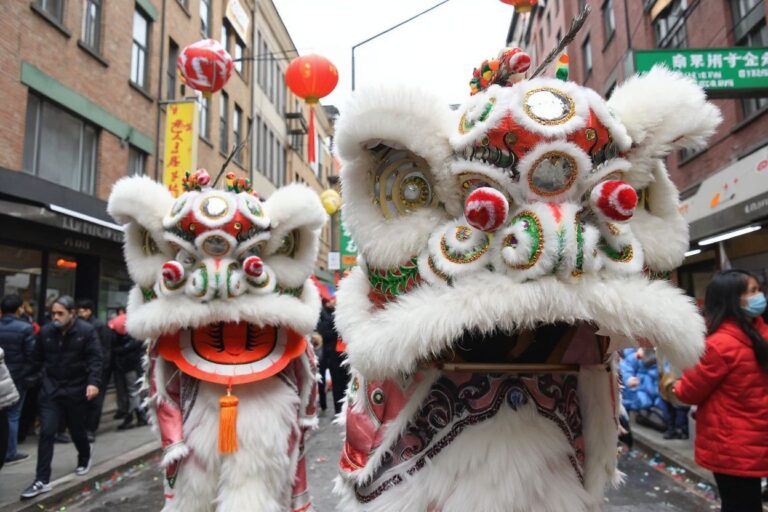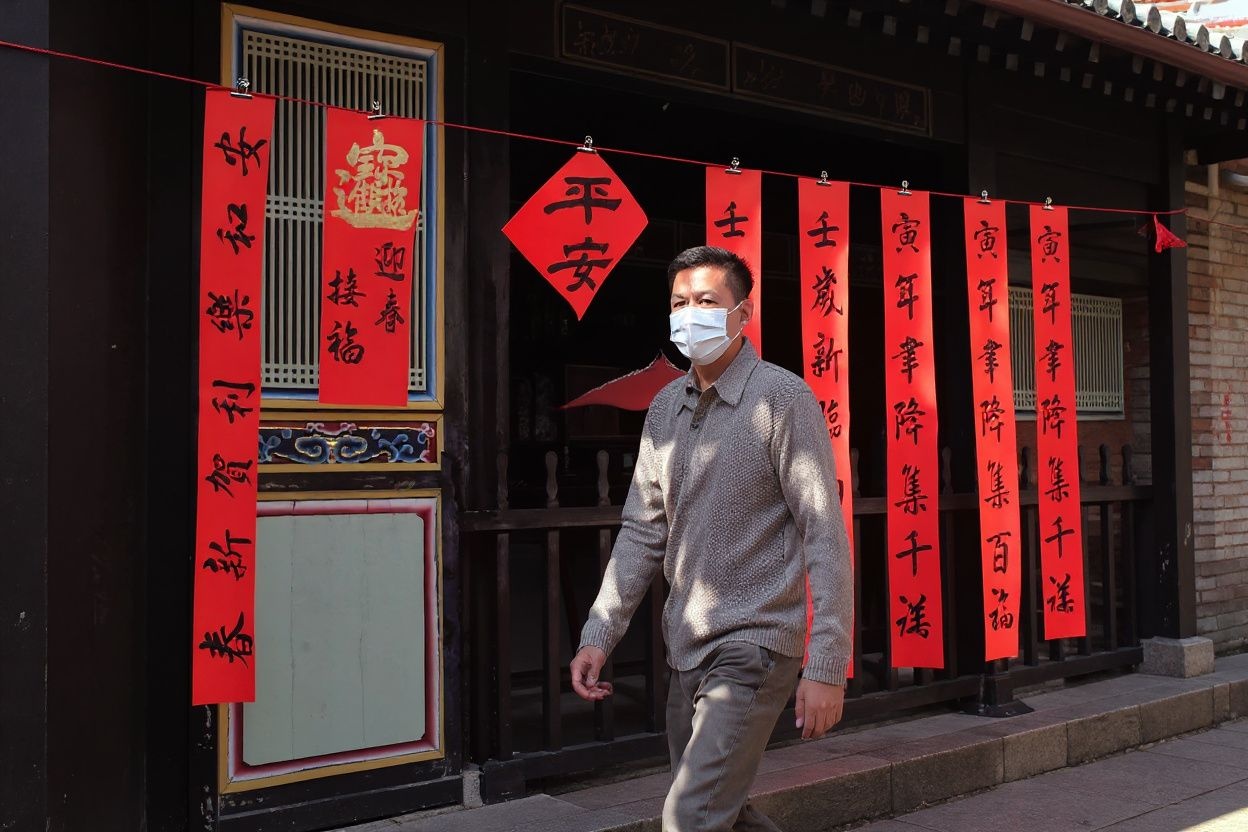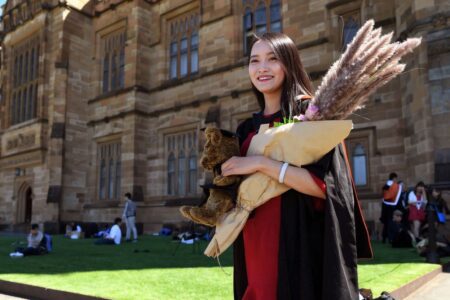
The New Year is celebrated on January 1 for those following the Gregorian calendar, but for some cultures following the lunar calendar, New Year’s could fall on a different day. Chinese New Year — which has been celebrated for millennia — falls on February 1 this year.
Although its origins are not certain, it is believed that it originated sometime during the Shang Dynasty in 1600 to 1046 B.C., where folks held sacrificial ceremonies to honour their ancestors and gods at the start of a new year.
The current day Chinese New Year has evolved over the years and is observed in many countries, from the UK to the US and Malaysia. Today, lion dance performances, fireworks, feasts, mandarin oranges and offering gifts to friends and families are important hallmarks of the celebrations.
If you’re curious about what Chinese New Year entails, keep reading.
 Before you barge into a Chinese household, you will need to learn some of the lingoes to greet them properly.
Before you barge into a Chinese household, you will need to learn some of the lingoes to greet them properly.
Chinese New Year lingoes
Before you barge into a Chinese household, it’s useful to learn some phrases to greet your hosts! While it’s not necessary, going the extra mile to learn some phrases could mean a lot to them.
So, here are some phrases you could practice and impress your Chinese friends in both Mandarin and Cantonese:
新年快乐 – Happy Chinese New Year
Mandarin: xīn nián kuài lè
Cantonese: sun nin fai look
春节快乐 – Happy Spring Festival
In mainland China, instead of saying Chinese New Year, they prefer to call it the Happy Spring Festival.
Mandarin: chūn jié kuài lè
Cantonese: tsun zit fai look
身体健康 – Good Health
Wishing someone good health is incredibly important, especially for elders.
Mandarin: shēn tǐ jiàn kāng
Cantonese: sun tai gin hong
恭喜发财 – Wishing You Prosperity and Good Fortune
This is a common greeting you can expect to hear throughout the Chinese New Year. There is a misconception that it means “Happy New Year”, but in actual fact, the direct translation is, “I hope you get rich”.
Mandarin: gōng xǐ fā cái
Cantonese: gong hei fat choy
 Within Chinese culture, superstitions are common among some. Certain actions that you do within the festive season is believed to either carry good or bad luck.
Within Chinese culture, superstitions are common among some. Certain actions that you do within the festive season is believed to either carry good or bad luck.
Chinese New Year do’s and don’ts
Within Chinese culture, superstitions are common among some individuals or families. This means certain actions that you do within this festive season is believed to either carry good or bad luck.
Whether you believe in them or not, it’s best to respect the culture and tradition of others by following these do’s and don’ts:
Do’s
Cleaning the house before Chinese New Year
With spring cleaning, it’s out with the old and in with the new.
Ideally, any cleaning of the house should be done before the first day of the Chinese New Year. Family and friends may come together as a sort of reunion to clean every wall, window and corner.
New year shopping
It’s customary to buy new clothing, bedsheets, cabinets or anything you like for Chinese New Year. Buying new things symbolises welcoming new things into your life and having a fresh start to the year.
This is particularly true when it comes to clothing as the Chinese often buy their articles in advance so they can wear them on the first day itself.
Reunion dinners
Chinese New Year is the time to have the greatest of feasts with your family and friends. Relatives from all over would head back to their respective hometowns to celebrate with their loved ones during this festive season.
If you or your friends can’t go back home to celebrate the Chinese New Year, you can always create your own feast with your friends, since the whole point of reunion dinners is to bring everyone together again.
Giving or receiving red envelopes
These red envelopes, better known as 紅包: hóng bāo, are customarily given to unmarried children or adults that symbolises luck and blessings given to the recipient.
If you’re already married, it is customary for you to give these red envelopes to your unmarried friends or children you know. If you’re not married, you’re going to have a field day collecting hóng bāo from your Chinese friends and family.
Lion/dragon dances
These traditional performances have been the centre of Chinese New Year entertainment. It was originally served as a ritual to purge any ghosts or spirits lingering around with loud music and dancing mythical creatures.
Modern-day lion or dragon dances have evolved to intricate performances, including dancing to music and acrobatics. Annual competitions are held to pit the best troupes against each other.
If you’re not in an Asian country such as China, Taiwan, Malaysia or Singapore, where these performances are done almost everywhere, you should try heading to your nearest Chinatown to witness this beautiful dance.
Don’ts
Cleaning or washing anything during Chinese New Year
It’s a bad omen to wash your hair, clothes and your house during the first three days of the new year. Cleaning and washing symbolise getting rid of the good luck that you have received during the auspicious season.
Wearing black or white clothing
These colours are considered inauspicious as they are often used during times of mourning the dead.
Inauspicious numbers or odd numbers for red envelopes
Adding odd numbers or inauspicious numbers to your red envelopes carries a bad omen, believing that all good things come in doubles. The number four is an incredibly inauspicious number for the Chinese as the language for “four” closely resembles the word death. The best numbers you should use is six and eight, as these numbers are deemed auspicious.
Lending or borrowing money
On new year’s day, you should not borrow or lend money as it symbolises that all debts have been paid before the year begins. If someone owes you money, you should not demand repayment from anyone as it is said that you will be unlucky all year if you do so.
Eating porridge for breakfast
This sounds incredibly random but it relates to your prosperity and fortune. Eating porridge for breakfast is considered a meal for the poor as they may not be able to afford to eat steamed or boiled rice.
As odd as it sounds, this is a big deal for the Chinese as this causes bad omens ruining your fortune and prosperity throughout the year. Yes, even poor people that follow these traditions have no choice but to eat steamed or boiled rice or other alternatives to fit the symbolism.










